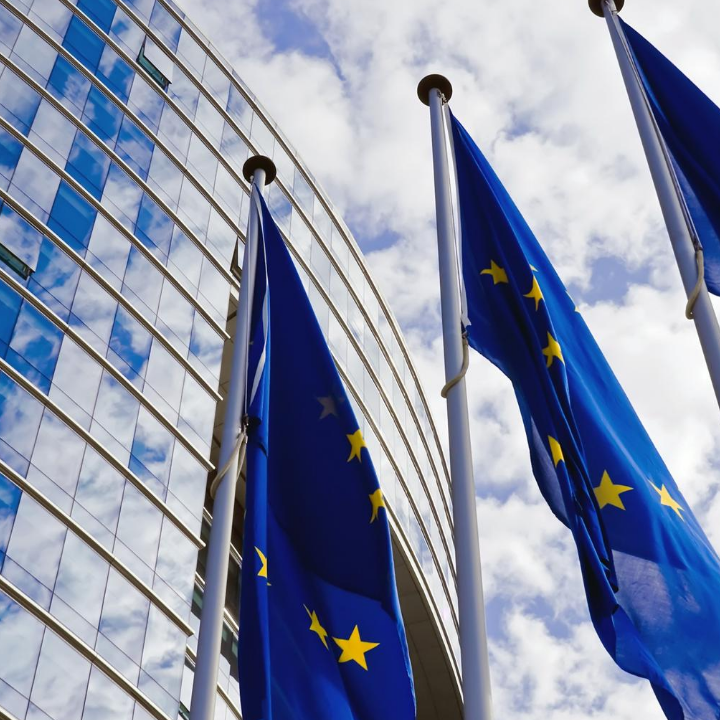EU launches new due diligence guidance to help companies combat forced labour in supply chains

Photo: sinonimas, Getty Images via Canva
"New EU guidance helps companies to combat forced labour in supply chains", 13 July 2021
The Commission and the European External Action Service (EEAS) have published today a Guidance on due diligence to help EU companies to address the risk of forced labour in their operations and supply chains, in line with international standards. The Guidance will enhance companies' capacity to eradicate forced labour from their value chains by providing concrete, practical advice on how to identify, prevent, mitigate and address its risk...
The Guidance explains the practical aspects of due diligence and provides an overview of EU and international instruments on responsible business conduct that are relevant for combatting forced labour. The EU has already put in place mandatory standards in some sectors and actively promotes the effective implementation of international standards on responsible business conduct.
Promoting responsible and sustainable value chains is one of the pillars of the recent EU trade strategy. The Guidance delivers on the strategy by helping EU businesses already take the appropriate measures, bridging the time until legislation on Sustainable Corporate Governance is in place. This upcoming legislation should introduce a mandatory due diligence duty requiring EU companies to identify, prevent, mitigate and account for sustainability impacts in their operations and supply chains. Subject to the upcoming impact assessment, this will include effective action and enforcement mechanisms to ensure that forced labour does not find a place in the value chains of EU companies.
EU trade policy already contributes to the abolishment of forced labour through its various instruments. EU trade agreements are unique in including binding commitments to ratify and effectively implement all fundamental ILO Conventions, including those on forced labour. Those conventions include an obligation to suppress the use of forced or compulsory labour in all its forms...
The Guidance also delivers on a number of the priorities of the EU Action Plan on Human Rights and Democracy 2020-2024 in the area of business and human rights. Those priorities include the eradication of forced labour and the promotion of internationally recognised due diligence standards.